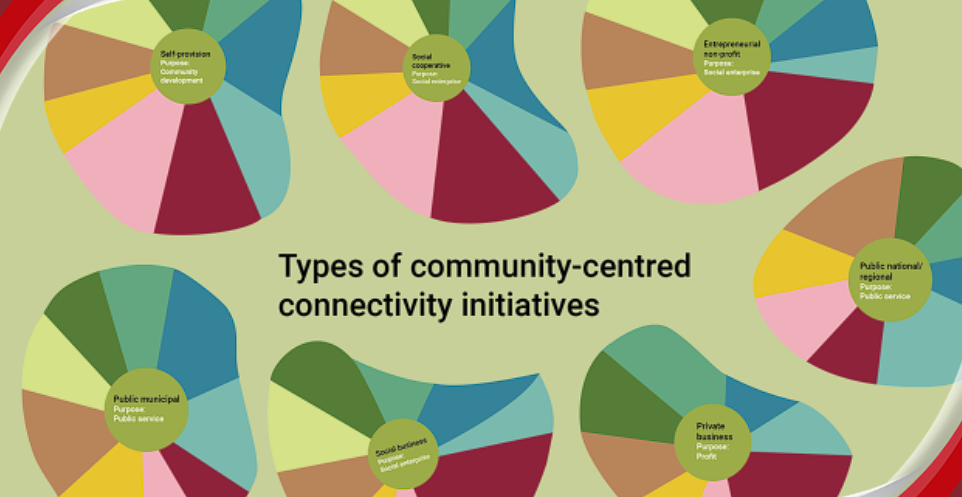Articles
Prepare now to avoid future AI disaster
-
7 months ago
Modern retrofuturism – a fascination with “futurist visions of eras past” – is an oft-nostalgic return to how we, as a society, used to envision the path our collective realities would take over our lifetimes.
Where nostalgia instils a feeling of “how things were”, ambushing you with emotional reflections of events and things, retrofuturism reminds you of what we all thought “was yet to come”.
Usually, prevailing sentiments of the era heavily taint the predictions – the doom and gloom of the Cold War’s nuclear arms race led many to envision a world in which nuclear wastelands, scarcity and societal collapse were the norm, before a 1990s sense of calm seeped back into our consciousness.
The vision of the future held by the generation which grew up in the 1990s was not perfect, but it did focus on the fun side (flying cars, androids and video calling − which was a big deal for some of us).
Now, amid the daily reminders of global existential threats posed by global warming and ceaseless conflicts, we have once again returned to visions of impending wastelands and societal collapse.
Upsettingly, as an economy, SA is not yet fully ready for AI’s presence.
Many of the attempts at predicting what society will look like in the coming years (by both futurists and sci-fi writers) are centred around technological advancements, with
artificial intelligence
(AI) becoming one of the more common ideals.
Overall, however, its track record in popular imaginations has not been positive. From the Matrix to the Terminator, our media is full of examples of our innate distrust of AI’s potential.
In South Africa, amid AI’s rapid ascent, life does seem to imitate art: many businesses have come to treat AI as an existential risk, or as yet another challenge in a long line of threats to be overcome.
We can be forgiven for our local pessimism, as the already-challenging South African business landscape has left many of us defensive and untrusting of changes to the status quo. External shocks – such as COVID-19 and load-shedding – have traumatised individuals, households and businesses alike.
So, with the potential of yet another external threat in the shape of AI, it is not unreasonable to expect some trepidation among businesses and entrepreneurs.
An enabling environment for AI
Like any tool or technological advancement, AI can be both destructive or transformative; but generally, the success or failure of technological advancements relies on a susceptible user base and an enabling environment in which it is to be deployed.
Planes are great, but they become borderline useless without airports, control towers and regulatory foresight. With that in mind, can we say the South African economy is ready for AI? Have we built a foundation for local businesses to leverage or successfully adopt AI technologies? In short, we have not.
Upsettingly, as an economy, SA is not yet fully ready for AI’s presence. We need to start building airport runways and infrastructure for AI, or we’ll risk being left behind by the countries and economies that already have.
Foreign companies and countries have already begun to lay solid foundations for the successful application of AI technologies within their respective industries. Unfortunately, at this rate, local companies simply won’t be able to compete with the AI infrastructure of foreign companies operating in SA.
Amazon, for example, arrives in South Africa with a suite of AI tools and services that it is able to leverage for its own commercial endeavours. From the outset, this may not seem to be a problem; however, companies like Shein, Temu and Amazon are able to leverage AI to offer more competitive pricing options to their clients, effectively squeezing out competitors that are unable to compete in terms of price.
Given the size and scope of such companies’ range of goods on offer, this would be potentially disastrous for several local industries, leaving foreign organisations to absorb the lion’s share of demand.
Building foundations for AI adoption in SA
If there is one thing that pessimistic visions of the future are good for (beyond their somewhat grim entertainment value), it is their ability as parables to
alert
us to the potential damage that may arise if we do not address these concerns as soon as possible.
Given the fears over the potential hazards that AI poses for South African businesses and industries, we can (and should) act now to ensure our fears do not materialise.
Among the many steps and interventions that we, as the South African business community, can take is to build our own foundations in AI tech so as to compete with the multinational companies that are already leveraging AI to their advantage.
Individual businesses (and particularly SMEs) are unlikely to have the capacity to challenge multinationals such as IBM, Microsoft and Salesforce in matters of AI. Instead, businesses need to be both ready and flexible to adapt to integrate AI services on offer – this would give businesses the ability to leverage AI in the same manner as their competitors: in improving efficiency.
As solutions go, this seems pretty obvious; yet, many South African businesses (from SMEs to multinational enterprises) remain reliant on outdated, decentralised and non-integrated systems. In that regard, digitising systems must be a priority – the first step towards ensuring the business can benefit from the untapped potential of AI technology.
The tide of AI implementation can be as uplifting as it is potentially destructive; however, that entirely depends on readiness and proactive investments to ensure you remain afloat once the flotsam washes away those who have failed to prepare.
Related Articles Posts
Categories
Popular Post
-
 SA’s IT spend to outpace GDP growth 1 year ago
SA’s IT spend to outpace GDP growth 1 year ago -
 Vodacom, Netstar launch free in-taxi Wi-... 1 year ago
Vodacom, Netstar launch free in-taxi Wi-... 1 year ago -
 South Africa under pressure to fill cybe... 1 year ago
South Africa under pressure to fill cybe... 1 year ago -
 Organisations with a strong employee val... 1 year ago
Organisations with a strong employee val... 1 year ago -
 Joint policy-in-action event highlights... 1 year ago
Joint policy-in-action event highlights... 1 year ago -
 Boost your digital transformation journe... 1 year ago
Boost your digital transformation journe... 1 year ago








